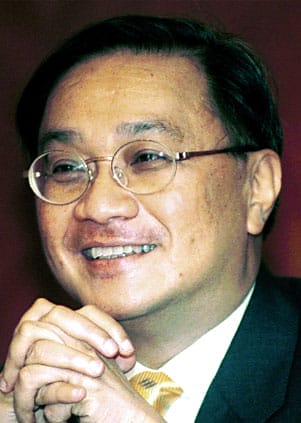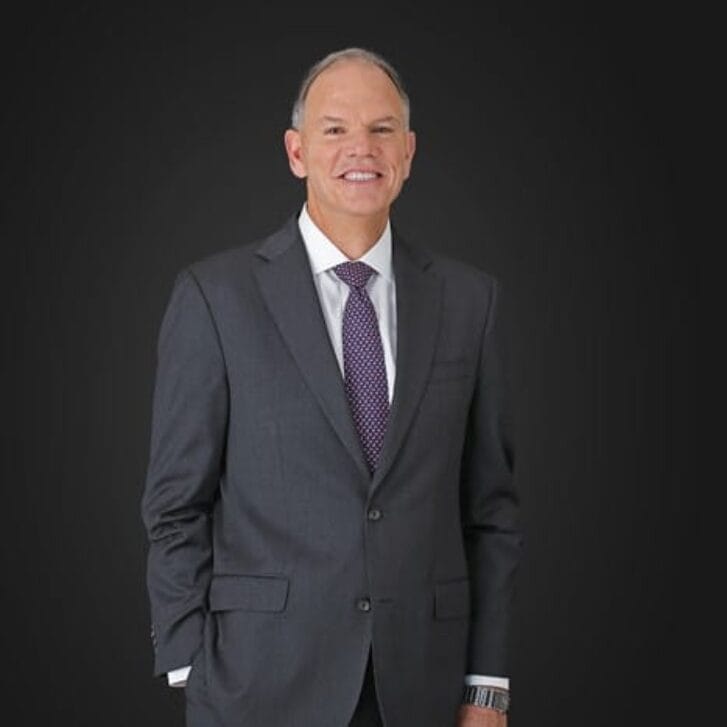 When Manuel Pangilinan architected a buyout of Philippines Long Distance Company (PLDC) in 1999, it was dubbed the corporate deal of the century in the Philippines.
When Manuel Pangilinan architected a buyout of Philippines Long Distance Company (PLDC) in 1999, it was dubbed the corporate deal of the century in the Philippines.
And that deal was only the beginning. In 1999 Pangilinan paid $750 million for 17.2 percent of PLDC common stock. Now chairman of PLDC, he’s leading First Pacific, a holding company where he is executive chairman, to buy the government’s 46 percent stake in Philippine Telecommunications Investment Corp., or PTIC, an investment holding company with a stake in PLDT. Two units of First Pacific already hold the rest of PTIC.
Pangilinan first worked for American Express Bank, but then decided to go out on his own, combining in the early 1980s with another young businessman, Anthony Salim, heir to one of the great Indonesian fortunes, to start First Pacific Corp. Salim was the silent partner and Pangilinan worked the proverbial 24-hour days learning every detail of every business the eventual conglomerate bought. He believed in big goals, not small ones.
By 2005, he was the chairman of the Philippine Long Distance Phone Company. As interested in the Philippines being as successful as his businesses had been, he used his influential position to press for Philippine economic reform, calling current policies too complex with an abundance of little goals. He said in a speech in Manila that year that the plan would never fly, its objectives never finished. It reminded him, he said, of what the emperor of Austria had said in a critique of Mozart’s music—“too many notes.” Although Pangilinan is outspoken on behalf of his companies and country, he has never believed the guy at the top of the heap should just kick dirt on the minions below.
“People respond to the fact that they share in the effort and success of the company,” he told a Wharton Global Alumni Forum audience in Singapore in 2005. “The old model, where the CEO is like Jesus Christ—exists but rarely seen—does not work any more. Now, people like open-style, flat structures.”

























